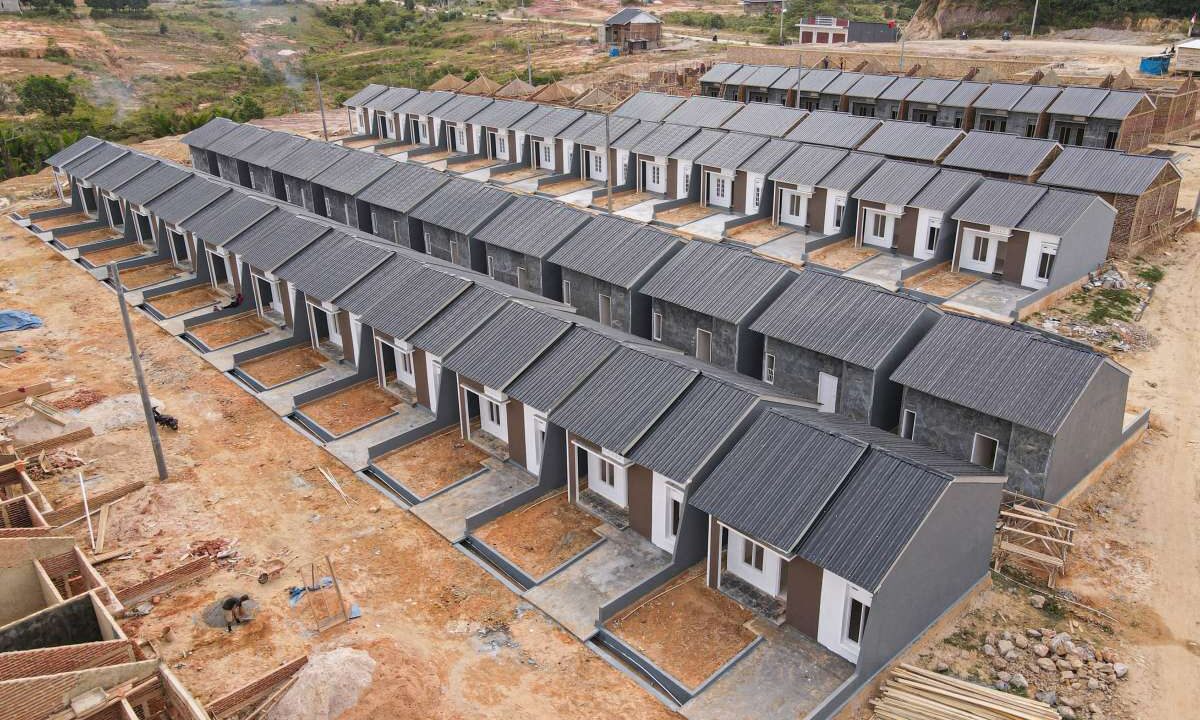
The Omnibus Law for Housing Sector seeks to simplify Indonesia’s housing regulations and address the country’s pressing need for affordable homes. By streamlining bureaucratic processes, the law will reduce barriers for developers and speed up housing projects.
As part of the government’s 3 million homes program, the law aims to significantly boost the housing supply. Moving forward, its success will depend on overcoming development challenges and ensuring that affordable housing options are accessible to low- and middle-income families.
Key Features of the Omnibus Law
The new law combines multiple regulations into one framework, allowing developers to navigate the housing sector with greater ease.
Fahri Hamzah, Deputy Minister of Housing and Settlements, emphasized, as reported by Antara, “There are several laws we’ve identified, and we want to combine them.”
This approach eliminates bureaucratic hurdles, enabling quicker and more efficient housing development.
Hamzah further explained, “It’s one document, just like the omnibus laws for labor and health. One document solves everything.” By consolidating laws related to land acquisition, permits, and housing finance, the law creates a more business-friendly environment.
Additionally, it provides incentives like tax breaks, encouraging private sector involvement in affordable housing projects. However, local governments and developers must adjust to these changes for the law’s success.
How the Omnibus Law Will Impact the Housing Market
The law will significantly reshape Indonesia’s housing landscape by reducing construction costs and speeding up the approval process. These changes are expected to lead to more affordable housing, helping the government meet its goal of 3 million new homes.
For low- and middle-income families, the law could make homeownership more attainable. Easier access to financing, coupled with reduced construction costs, should lower property prices.
However, the law’s impact will largely depend on local governments’ ability to implement these new regulations effectively.
Challenges and Concerns
Although the Omnibus Law offers promising solutions for the housing sector, it also raises several concerns.
Fahri Hamzah warned, “Let’s not allow entrepreneurs to face difficulty in obtaining permits, thinking it’s part of the competition. Those with a lot of money can get permits, while those without money cannot.” as reported by Bloomberg Technoz.
This highlights the risk of the law disproportionately benefiting wealthier developers, potentially sidelining smaller businesses.
Furthermore, local governments and environmental groups have raised concerns about the rapid urbanization the law might cause. The relaxation of land-use restrictions could lead to the loss of green spaces.
Striking a balance between growth and sustainability will be a critical challenge in the law’s implementation. Ongoing oversight will be crucial to ensure equitable development.
Conclusion: Omnibus Law for Housing Sector and Its Impact
The Omnibus Law for Housing Sector offers a promising approach to Indonesia’s housing crisis by simplifying regulations and encouraging private sector investment. However, concerns about equity and sustainability need to be addressed.
The law’s success will depend on its effective implementation and the cooperation of local governments, developers, and environmental groups. If managed well, the law could play a pivotal role in improving housing accessibility for millions of Indonesians.
Source: antaranews.com, bloombergtechnoz.com
Image: ANTARA FOTO, Andry Denisah
